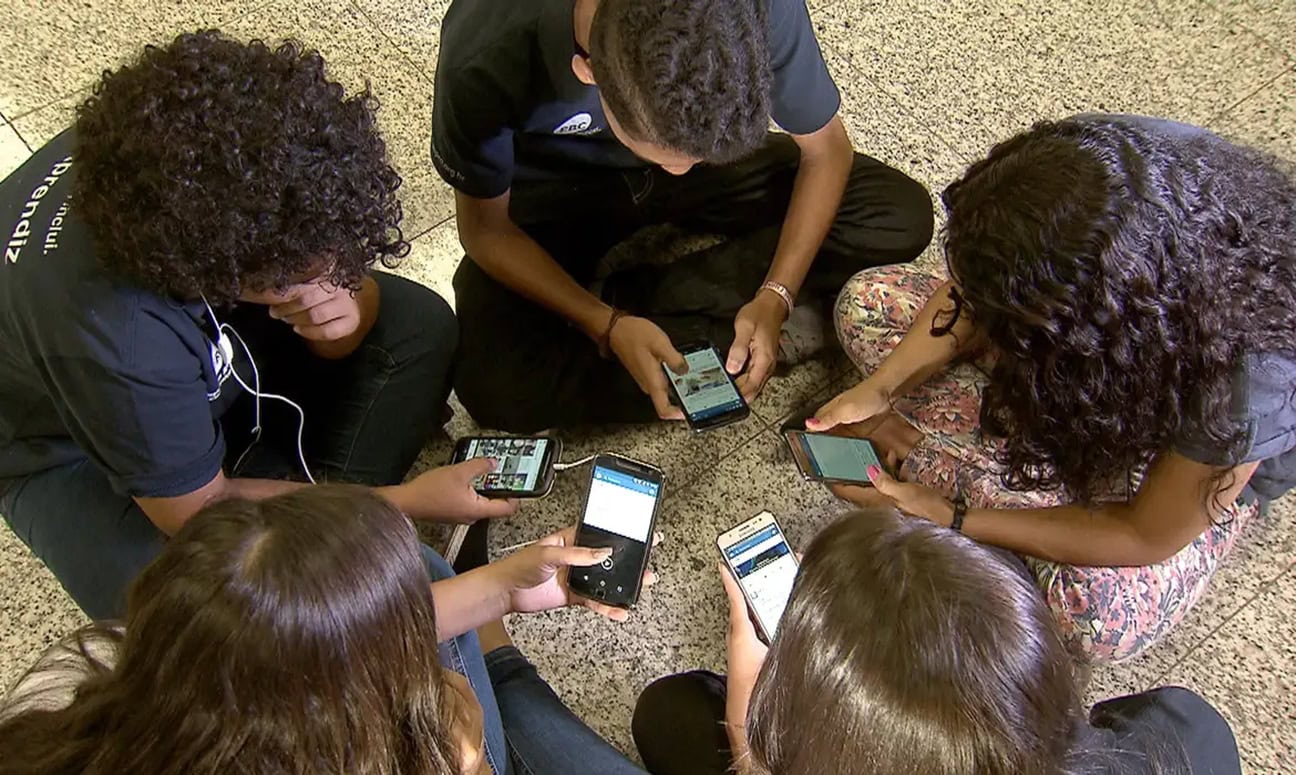On Monday (Jan. 13), President Luiz Inácio Lula da Silva signed into law new legislation restricting the use of portable electronic devices, particularly cell phones, in public and private school classrooms nationwide. The legislation was approved by Congress late last year.
Supported by the federal government and experts, the bill garnered broad consensus in the legislature, bringing together both ruling and opposition parties. “This sanction represents the recognition of the efforts of all the dedicated individuals committed to education, as well as those devoted to the well-being of children and adolescents in this country,” said the president, who took the opportunity to commend the parliamentarians for their role in passing the measure.
“Imagine a teacher giving a lesson, and when she looks at her students, each one is on their cell phone—one is in China, another in Sweden, another in Japan, and yet another in another state, talking to people unrelated to the lesson. We need to return to a focus on humanism, ensuring it is not replaced by algorithms,” Lula emphasized while commenting on the new law.
Renan Ferreirinha, Rio de Janeiro’s Municipal Secretary of Education and a licensed federal representative, authored the bill in the House of Representatives. He described it as one of the greatest victories for Brazilian education in this century. “You can’t have a student in the classroom scrolling through TikTok or social media while the teacher is teaching. Every time a student gets a notification, it’s as if they’ve stepped out of the classroom,” he said.
Restrictions
According to the Minister of Education, Camilo Santana, the law restricts the use of devices in classrooms and during breaks for personal purposes. However, exceptions are allowed, such as for pedagogical activities under teacher supervision or for individuals requiring devices for technological accessibility or health-related needs.
“We are not against access to technology—there’s no going back in today’s world. However, we want this technology, this tool, to be used appropriately, especially during the critical developmental stages of children and adolescents,” said the minister.
Source: Agência Brasil


